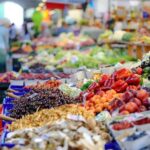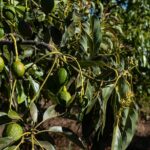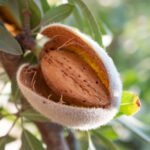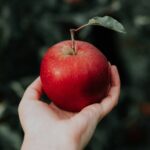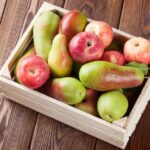Russia set to extend EU produce ban by 18 months

Russia is reportedly preparing to prolong its import ban on produce form the European union for another 18 months in retaliation for the European Union (EU) extending its economic sanctions against the country. 
Local media RT quoted Prime Minister Dmitry Medvedev as saying on Thursday that Russia would react "adequately".
"Yesterday we discussed this issue with President Vladimir Putin and the government will submit a proposal to extend the ban for another year - until December 31, 2018,” he was quoted as saying.
He also expressed regret that "European partners continue this not very constructive line” toward Russia.
On Wednesday the EU extended its sanctions against Russia by six months, which are now set to remain until Jan. 31, 2018.
The Russian government has previously warned it would only lift the ban if the EU rolls back the sanctions.
Medvedev also said the import ban would provide a boost to domestic farmers and stimulate domestic production.
"We support the Russian agriculture sector by introducing response measures. The farmers repeatedly asked us to extend the food embargo," he was quoted as saying.
EU boost support for tree fruit growers
Meanwhile, the European Commission on Friday promised an additional €70 million in aid for European, though not British, tree fruit growers to compensate for loss exports to Russia.
"The Commission has done everything in its power to support European producers negatively affected by the Russian ban," said Commissioner for Agriculture and Rural Development, Phil Hogan.
"This latest extension sends yet another clear signal that we will remain firmly and fearlessly on the side of our farmers.
"These support measures go hand in hand with our ongoing work to modernise and simplify the CAP for the benefit of both our farmers and our wider European society".
Most of the production affected by the Russian import ban has been redirected to alternative markets and market prices have stabilised, the EC said in a statement.
However, since so-called permanent crops (fruit trees) are less able to adapt to changing situations, the new measures are specifically designed to help this sector, it explained.
Under the exceptional measures, individual producers benefit from higher rates of EU co-financing than under regular support measures.
Photo: www.shutterstock.com
















